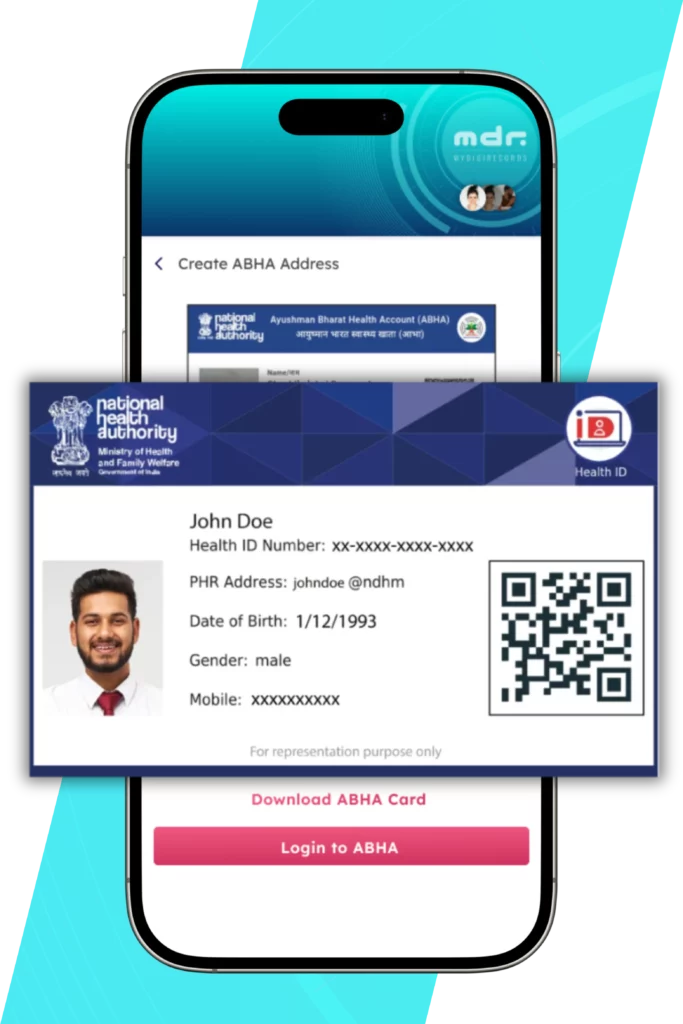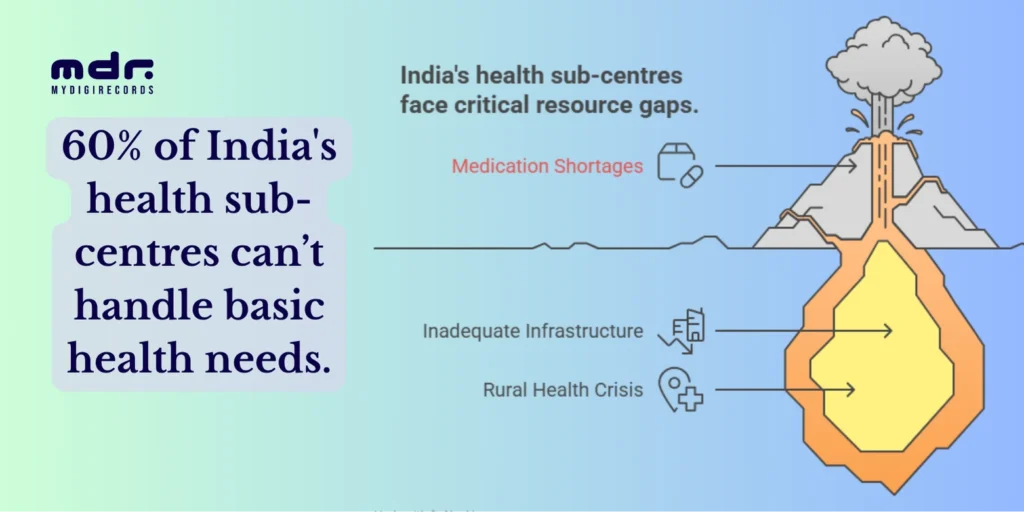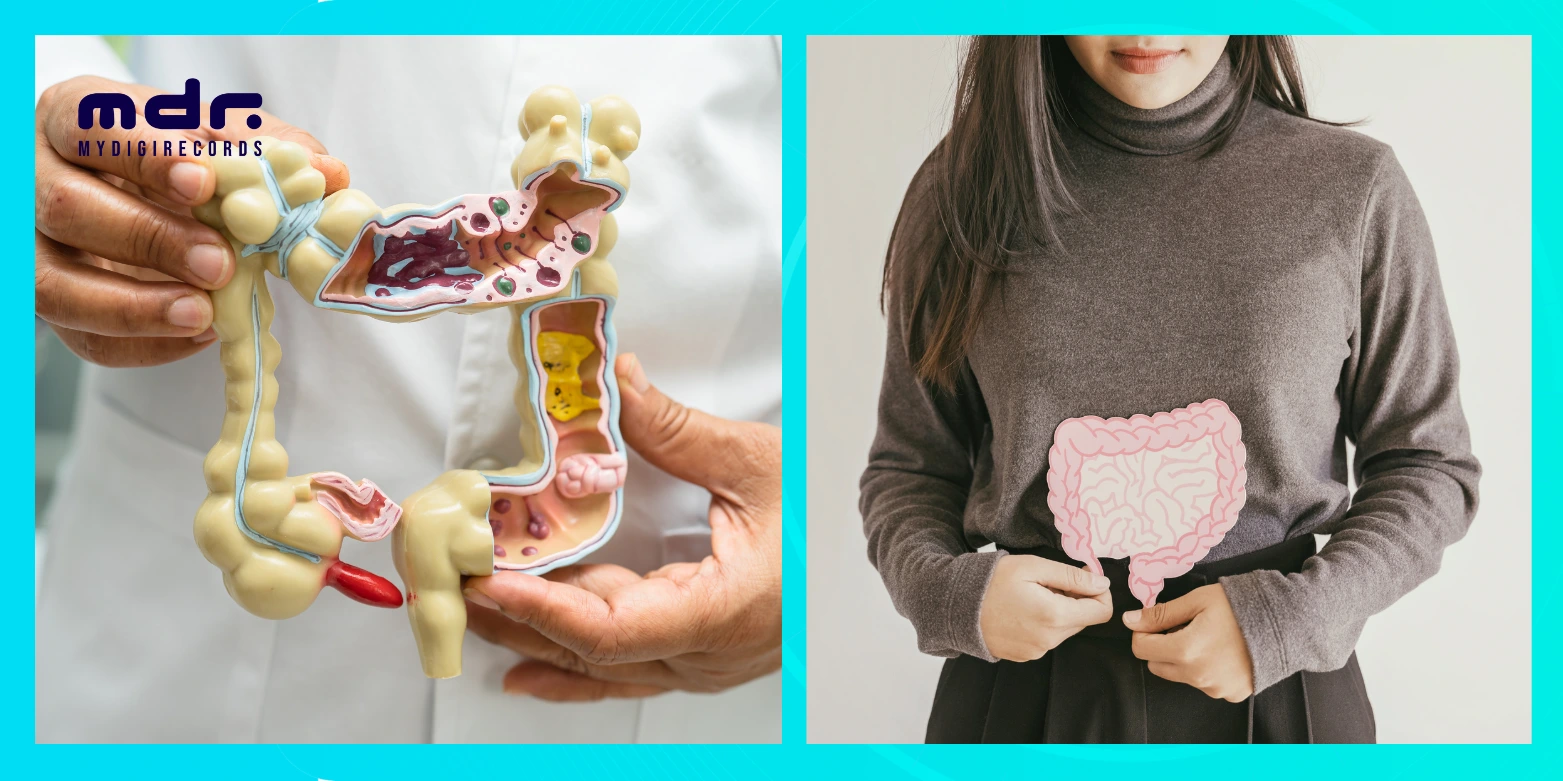Why Prioritizing Your Gut Is the Smartest Health Move You’ll Make
In recent months, gut health has taken center stage in the wellness world. From social media buzz to doctor recommendations, everyone is talking about the importance of a healthy gut. But why is this trend blowing up? And more importantly, how can improving your gut health transform your overall well-being? Let’s break it down!
What Is Gut Health and Why Does It Matter?
Your gut is home to trillions of bacteria, fungi, and other microorganisms that help regulate digestion, immunity, and even mental health. This community of microbes, known as the gut microbiome, plays a massive role in how your body functions. When your gut is healthy, you feel energized, your digestion runs smoothly, and your immune system stays strong. But when it’s out of balance? You might face issues like bloating, fatigue, skin problems, or even chronic conditions.
In short: A healthy gut is the foundation of a healthy body.
Why Is Gut Health Trending in 2025?
The rise in gut health awareness comes from a mix of research breakthroughs and personal success stories. People are learning that taking care of their gut doesn’t just help with digestion – it impacts mood, sleep, skin health, and long-term disease prevention.
Thanks to social media platforms like TikTok and Instagram, gut health hacks, recipes, and probiotics are reaching millions. Health influencers are sharing how they healed chronic issues by focusing on their microbiome, and that visibility is inspiring more people to prioritize gut wellness.
Simple Ways to Improve Your Gut Health
Taking care of your gut doesn’t have to be overwhelming. The truth is, small, consistent changes can lead to a healthier digestive system and overall well-being. Your gut is home to trillions of bacteria that influence everything from digestion to immunity and even mental health. By nurturing your gut, you’re investing in your body’s long-term health. Let’s explore some simple, science-backed ways to enhance your gut health:
- Eat More Fiber-Rich Foods
Fiber is like fuel for your gut bacteria, helping beneficial microbes thrive and promoting regular digestion. High-fiber foods act as prebiotics, feeding the good bacteria that keep your digestive system balanced.
- What to eat: Vegetables (like spinach, broccoli, and carrots), fruits (like apples and berries), whole grains (like oats and quinoa), and legumes (like lentils and chickpeas).
- Why it matters: Fiber helps regulate bowel movements, reduces inflammation, and even lowers the risk of chronic diseases like heart disease and diabetes.
- Incorporate Fermented Foods
Fermented foods are rich in probiotics — live, beneficial bacteria that support a healthy gut microbiome. Adding these foods to your diet can improve digestion, enhance nutrient absorption, and boost immunity.
- What to try: Yogurt, kefir, kimchi, sauerkraut, miso, and kombucha.
- Pro tip: Start with small portions if you’re new to fermented foods to allow your gut to adjust gradually.
- Stay Hydrated
Water plays a crucial role in digestion, helping to break down food, absorb nutrients, and soften stool for easier bowel movements. Staying hydrated also supports the mucosal lining of the intestines, which protects your gut from harmful bacteria.
- Goal: Aim for at least 8 glasses of water a day, or more if you’re active or live in a hot climate.
- Extra boost: Herbal teas, infused water with lemon or mint, and water-rich fruits like watermelon and cucumber can help you hit your hydration goals.
- Limit Processed Foods and Sugar
Highly processed foods and added sugars can fuel harmful gut bacteria and contribute to inflammation, bloating, and digestive discomfort. A diet high in refined sugars can even decrease microbial diversity, which is essential for a balanced gut.
- What to avoid: Sugary drinks, packaged snacks, fried foods, and artificial sweeteners.
- Healthy swaps: Opt for whole, unprocessed foods, natural sweeteners like honey or dates, and homemade meals whenever possible.
- Manage Stress
Your gut and brain are intimately connected through the gut-brain axis, meaning stress and emotions can directly impact digestion. Chronic stress can disrupt your gut barrier, cause inflammation, and even alter the composition of your gut bacteria.
- Ways to relax: Meditation, deep breathing exercises, yoga, journaling, or a simple daily walk in nature.
- Why it helps: Reducing stress not only improves digestion but also enhances overall well-being, energy levels, and mental clarity.
- Move Your Body
Regular physical activity is a powerful tool for gut health. Exercise promotes microbial diversity, enhances digestion, and helps prevent constipation. It can even reduce gut inflammation and improve mental health through endorphin release.
- Find your rhythm: Whether it’s brisk walking, swimming, dancing, or strength training, choose an activity you enjoy and aim for at least 30 minutes most days of the week.
- Gut-friendly bonus: Activities like yoga and stretching can stimulate digestion and relieve bloating.
Gut Health and Mental Wellness: The Surprising Connection
Did you know your gut produces around 90% of your body’s serotonin (the feel-good hormone)? A healthy gut can lead to improved mood, better sleep, and reduced anxiety. That’s why gut health is often called the key to mental clarity and emotional balance.
If you’ve been feeling sluggish, anxious, or low on energy, your gut might be trying to tell you something!
Final Thoughts: A Healthy Gut, A Healthier You
Improving your gut health doesn’t require drastic changes – even small, intentional habits can create lasting results. By nourishing your body with fiber and fermented foods, staying hydrated, reducing stress, and staying active, you give your gut the support it needs to thrive.
Your gut health impacts your entire body, from your immune system to your mood. So, why not start today? Pick one or two of these tips, implement them into your daily routine, and gradually build a lifestyle that supports long-term wellness.
In 2025, gut health is more than just a trend – it’s a lifestyle shift that empowers you to feel your best from the inside out. By making mindful choices about your diet, hydration, and stress levels, you can nurture your microbiome and unlock vibrant health.
Ready to start your gut health journey? Explore how MyDigiRecords can support your wellness goals, and make 2025 your healthiest year yet!
More blogs for you to read

70% of Indians Don’t Monitor Their Blood Pressure – Let’s Change That with MDR
70% of Indians Don’t Monitor Their Blood Pressure – Let’s Change That with MDR Table of Contents: The Silent Killer

New USCIS Rule 2025: Green Card Applications Must Now Include Medical Form I-693 – What You Need to Know
New USCIS Rule 2025: Green Card Applications Must Now Include Medical Form I-693 – What You Need to Know Table

A Deep Dive into ABDM and ABHA ID with MyDigiRecords – Unlocking the Power of Digital Health
A Deep Dive into ABDM and ABHA ID with MyDigiRecords – Unlocking the Power of Digital Health Table of Contents:

India’s Health Sub-Center Crisis: How Digital Health Records Can Bridge the Rural Care Gap
India’s Health Sub-Center Crisis: How Digital Health Records Can Bridge the Rural Care Gap Table of Contents: Introduction The Data


